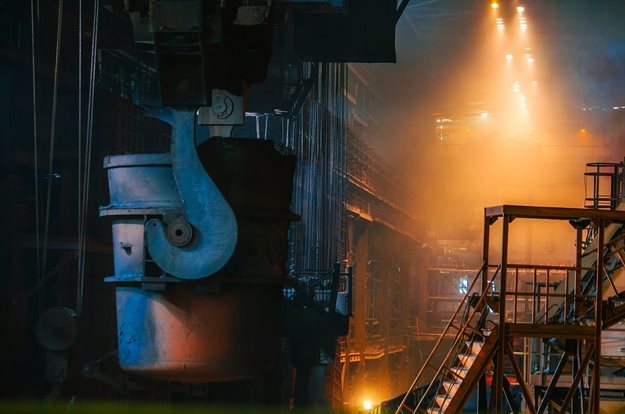






At the time of the introduction of duties in 2015, NEASA cautioned government of the consequences of introducing import duties to protect South Africa’s steel monopoly, AMSA, calling it a “slow poison” causing the inevitable and painful demise of the steel downstream. Since then, many steel companies have shut down and in the recent weeks some prominent names, including Robor, either downsized substantially or even closed their doors. The effect of the “slow poison” is becoming more and more apparent.
In 2015, government introduced a 10% ad valorem duty and soon thereafter a further 12% safeguard duty on hot rolled steel, which is the raw material that steel companies use as input material for their production processes. The effect that this had on Robor, a world class tube producer, was devastating - as is the case with many companies. The death knell in the case of Robor was the 58% increase in imports of finished products. Robor is not the only victim - many companies are severely negatively affected by the duties protecting AMSA.
Protecting AMSA, South Africa’s only primary steel producer, discourages downstream manufacturing and encourages the imports of finished products, which, in most cases, attracts no import duties. We must hasten to mention that the introduction of duties on the imports of finished products - due to administrative inabilities and the risk of corruption and manipulation - is not a viable option either.
Having protection for the primary steel producer and no protection against the imports of finished products, is having the worst possible effect on all role players in the steel downstream - both business and labour (jobs). It is NEASA’s view that since the notion of the protection against the importation of finished goods is not practical, duties therefore need to be scrapped in its entirety.
No matter where it happens and whatever the reason, each job lost is a tragic occurrence. The trauma suffered by an individual and his/her dependants during and after a retrenchment is immense. The effect on broader society goes deep. It is against this background that we point out that the potential job losses at AMSA, in the case of the scrapping of all duties, is substantially less than jobs actually lost (nationally) as a result of the current duties arrangement.
Even as a weapon in a trade war, as is the case between the USA against China, the effectiveness of duties still has to be proven. However, as a tool to protect a monopoly, as is the case with AMSA, it is highly inappropriate and is always bound to fail - resulting in losses for all involved.
One can only hope that recent events are causing government to have an in-depth reflection on its current stance on duties, both in respect of extending the scope of the current duties arrangement, and in respect of the continuation of the current protectionist arrangement in respect of AMSA.
South Africa can no longer afford to protect AMSA. The current attempt to do so will prove futile in the face of modern steel mills worldwide, against which AMSA will never be able to compete. The continued attempt to protect AMSA, to the detriment of the steel downstream, will overall prove to be very costly.
Bold action is urgently required.